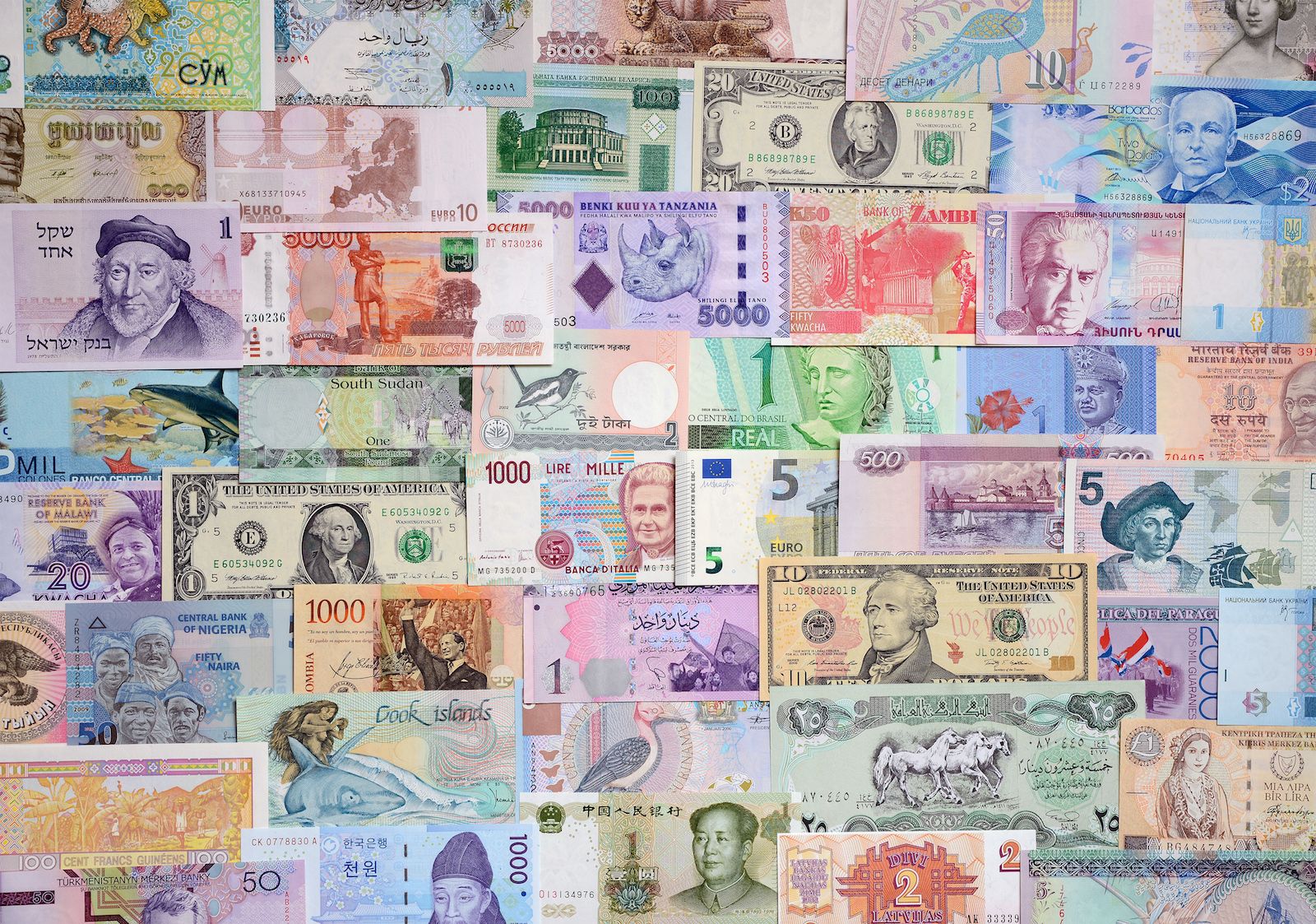Push for CBDC (Central Bank Digital Currency) by IMF and Friends got a lot more serious. Ever since El Salvador announced their intent to adopt bitcoin as legal tender and then actually did it, voices for central banks like IMF, World Bank and many others have criticized the move and went on full attack mode. We have heard about CBDC efforts by various countries and praise for it by IMF and friends many times. However, the latest move by IMF is even more significant, in my opinion and can serve as evidence that they are really worried about the possibility of bitcoin and other crypto technologies replacing fiat in the future and making central banks obsolete.
I know, at this time, it is not easy to imagine a world without central banks and fiat currencies. But changes come quick, time moves fast, newer and better technologies replaces older technology, and the world changes. There was a time when most of the world, most of Europe was ruled by monarchs. But then absolute monarchies were no more. So in way, we can view central banks and their associates fighting to preserve status quo of global financial systems amid growing adoption and development of alternative technologies, as absolute monarchies trying to hold on to their power.
A week ago IMF published a very detailed study titles Behind the Scenes of Central Bank Digital Currency: Emerging Trends, Insights, and Policy Lessons. Feel free to go to the IMF website to download the full study and read yourself. It almost seems like a whitepaper or a guide for countries to transition to CBDC. Since this publication was announced, you may have seen news reports praising CBDC and how great the design is. It seems like they are trying to use the same buzz concepts like design, technology, proving services for unbanked that are used by crypto projects. It is an interesting read and reveals that CBDC globally is inevitable. However, your time will probably we better spent if you read the bitcoin whitepaper instead.
While this study was released, almost at the same time there was news report of Fitch Ratings slashed El Salvador's credit default rating from B- to CCC. I don't really pay too much attention or care about this so called rating companies, since they are part of the same system and often not trustworthy. That just shows they are not quite done attacking El Salvador and would love to see them fail. Any decent organization with good intends, I think would respect the choices countries make independently and support them. That would goes against their interest, and maybe that's why we will continue El Salvador's bitcoin journey being attacked by these entities.
El Salvador has been courageous in their move to bitcoin and we will probably see more countries. According to IMF's study, looks like they have their CBDC example as well - Bahamas. Throughout the study they keep mentioning Bahamas as an example of a country that have circulating CBDC. They also mention CBDC in China and Eastern Caribbean Currency Union as having circulating CBDC. But the emphasis on Bahamas and its Sand Dollars is clear. The Bahamas does not currently allow the Sand Dollars to be used outside its borders.
One of the goals they demonstrate CBDC can provide is monetary sovereignty. The study asserts people's choice to accept other digital currencies or stablecoins may present risks for countries. It appears to me as if they want countries to create CBDC because digital currencies is the future, and providing this solution countries may easily ban non-sovereign currencies if they see them as risks. Of course, they would be want to keep their monetary sovereignty. But reality is all of these countries that are not world reserve currency don't really have monetary sovereignty. That's why it is so easy to punish uncooperative countries with sanctions.
Two design features of CBDC they were considering caught my attentions. They are anonymity and off-line capacity. These are interesting features for a digital currency to have, but how could they achieve that. When speaking about anonymity, it became clear really quick that they aren't really in favor of it due to a potential to be used for illicit purposes. However, they suggest a tiered system where some sort of anonymity might be possible.
Ability to transact off-line would be great. I was hoping maybe there is some progress here. There was just too much talk about how there are various solutions but none of them really work. lol.
The Bahamas considers off-line functionality to be vitally important but has encountered difficulties in achieving it. The pilot revealed that the planned solution of local off-line networks—built on introducing local redundancies to the main telecommunication system—did not fully achieve the policy goal.
and
The team working on the Swedish e-krona proof of concept has identified a number of potential solutions to establish offline functionality and is proceeding to test these. Participants have identified several challenges, such as how to prevent double spending and ensure the authenticity of e-kronas while off-line.
At least it is great they are experimenting with different technologies and solutions to achieve their CBDC goals. Regardless all of these attempts, any design they come up with will never be complete without a core design component that is decentralization. If they bought into this idea there would be no need for CBDC in the first place I guess. It is not really about solutions, but keeping the power to control the money.
One change is so obvious or perhaps another deception tactic is that they are present the future of money as a technology, they even call it solutions used for CBDC as centralized technology. Great deal of emphasis is done in presenting this material a great design. My skeptical mind such efforts is only impressed how they designed this sophisticated piece of information to only confuse people and present that this no different then promise of digital money that bitcoin and crypto world offers.
All I see is the evidence that central bankers are taking bitcoin and alternative financial solutions as a real threat to the status quo, and CBDC seems to be their solution. Except, CBDC doesn't offer anything new. They probably will just save some trees and print less paper money, but the core issue will remain the same. Without hard cap on the inflation, without backing the created money with something of real value, it will be all same fiat that keep losing its value over time.
They may not have technology on their side. But they do have a lot of resources, power and authority behind these efforts. For that reason CBDS probably will continue growing in implementation throughout the world. I am not completely against it either. I just want to see a fair competition with decentralized solutions we have. Let people choose.
Posted Using LeoFinance Beta

